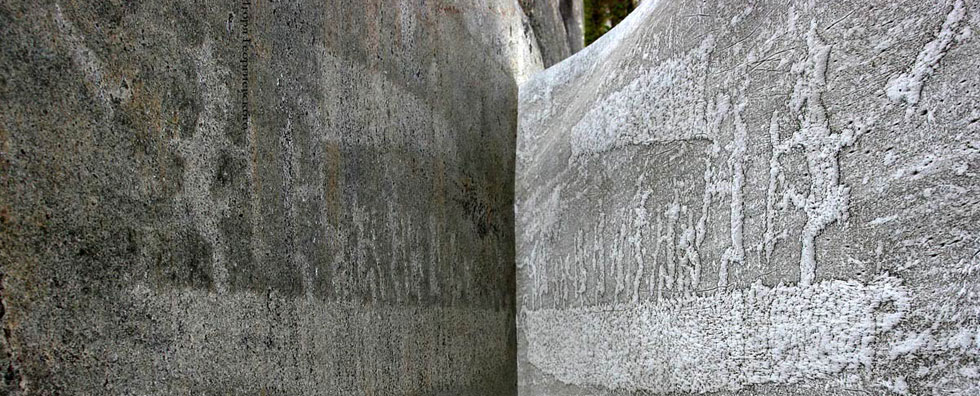
Issue №2, Vol. 12
Maximova J., Pykäläinen J., Karjalainen T. Media and expert expectations of long- and short-term effects of the Russian entry to the World Trade Organization on the Russian forest sector // Resources and Technology. 2015. №2, Vol. 12. P. 120‒141.
DOI: 10.15393/j2.art.2015.3121
Media and expert expectations of long- and short-term effects of the Russian entry to the World Trade Organization on the Russian forest sector
| Maximova Julia | Indufor Oy, julia.maximova@indufor.fi |
| Pykäläinen Jouni | University of Eastern Finland, Faculty of Science and Forestry, jouni.pykalainen@uef.fi |
| Karjalainen Timo | University of Eastern Finland, Faculty of Science and Forestry, timo.karjalainen@uef.fi |
|
Key words: World Trade Organization; Russia; export tariffs; wood products; experts and media expectations; WTO membership |
Summary: Russian entry to the World Trade Organization in August of 2012 was preceded with a record long history of attempts of joining the Organization and negotiations over terms of accession. However, the accession package was ratified by the Russian State Duma in July of 2012 setting obligations for a number of concessions to the WTO, including significant custom duty reductions for wood products. This has given a handle for a number of speculations and debates whether the membership in the organization regulating the world trade would bring more benefits or drawbacks to the Russian forest industry and trade in wood products.
Analyzing diverse opinions of mass media and surveying forest experts has demonstrated that the WTO incorporates a promising long-term potential for boosting the Russian trade in wood products and expanding markets for Russian forest companies. Moreover, the expert community and the media forecast an increased use of forest certification and adjustment of Russian forestry standards to internationally accepted ones. However, both focus groups express concerns over additional competition within the WTO threatening the existence of uncompetitive Russian companies and a raise in prices for domestic timber. All in all, the obtained results can support Russian forest authorities in their attempts to neutralize negative short- and long-term impacts of the WTO entry on the Russian forest industry and wood trade, as well as effectively use the possibilities the membership is opening up for the Russian forest sector. |
Displays: 1975; Downloads: 3944;




